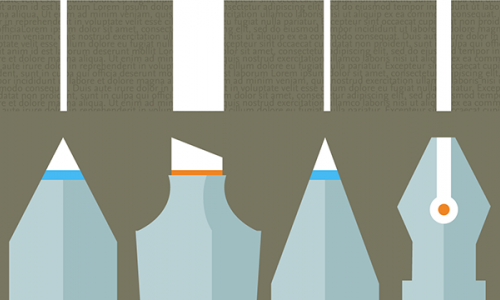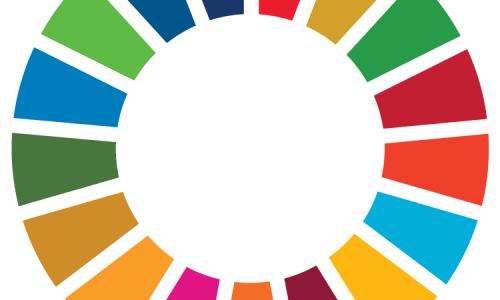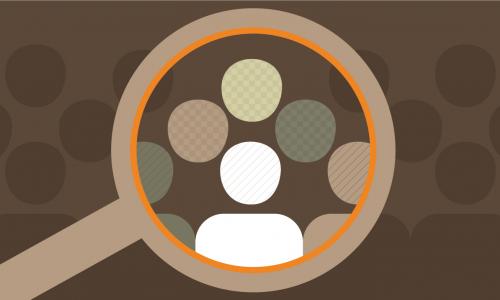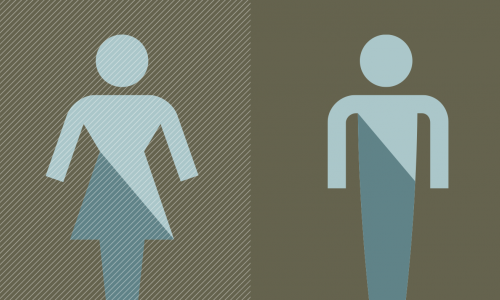Theme 7: Adding Value by Exploiting Cross Cutting and Spill-over Benefits of Gendered Innovations
This session will focus on improving the quality of impact of SDG interventions to achieve equal change benefiting in the circumstances women and men through multi-stakeholder actions involving researchers, policy makers and gender experts.
Moderator: Introducing Theme 7: 7-0 Oakla Cho, Emeritus Professor, Sogang University
- 7-1 Dominique Charron, Vice-President, Programs and Partnerships, International Development Research Centre, Canada
Promoting Gender Transformative Approaches to Research and Capacity Building for the SDGs - 7-2 Muneeza Mehmood Alam, World Bank, USA
Sustainable Mobility for All from a gender perspective - 7-3 Jürg Luterbacher, Director Science and Innovation at the World Meteorological Organization (WMO), Switzerland.
Gender dimensions of weather and climate services - 7-4 Rabia Ferroukhi, Director Knowledge, Policy, Finance, International Renewable Energy Agency (IRENA), UAE, and Christine Lins, Executive Director, Global Women’s Network for Energy Transition (GWNET), Austria
Women in and for sustainable energy - 7-5 Marco Lambertini, Director General, WWF International, Switzerland, and Alice Ruhweza, Regional Director for Africa, WWF International, Switzerland
Nature Conservation through the Gender Lens - 7-6 Nayoung Kim, professor, School of Medicine, Seoul National University, Rep. of Korea
Developing gender-sensitive alcohol policy: Harmonizing scientific evidences and societal perception of alcohol in Korea
Modules in Theme 7: Adding Value by Exploiting Cross Cutting and Spill-over Benefits of Gendered Innovations
Theme 7 Introduction
Duration
10 m
Theme 7: Adding Value by Exploiting Cross Cutting and Spill-over Benefits of Gendered Innovations
View webinar about Theme 7 Introduction

Nature Conservation through the Gender Lens
Duration
1 h
Theme 7: Adding Value by Exploiting Cross Cutting and Spill-over Benefits of Gendered Innovations
View webinar about Nature Conservation through the Gender Lens

Developing gender-sensitive alcohol policy: Harmonizing scientific evidences and societal perception of alcohol in Korea
Duration
1 h
Theme 7: Adding Value by Exploiting Cross Cutting and Spill-over Benefits of Gendered Innovations
View webinar about Developing gender-sensitive alcohol policy: Harmonizing scientific evidences and societal perception of alcohol in Korea

Women in and for sustainable energy
Duration
1 h
Theme 7: Adding Value by Exploiting Cross Cutting and Spill-over Benefits of Gendered Innovations
View webinar about Women in and for sustainable energy

Gender dimensions of weather and climate services
Duration
1 h
Theme 7: Adding Value by Exploiting Cross Cutting and Spill-over Benefits of Gendered Innovations
View webinar about Gender dimensions of weather and climate services

Sustainable Mobility for All from a gender perspective
Duration
1 h
Theme 7: Adding Value by Exploiting Cross Cutting and Spill-over Benefits of Gendered Innovations
View webinar about Sustainable Mobility for All from a gender perspective

Promoting Gender Transformative Approaches to Research and Capacity Building for the SDGs
Duration
1 h
Theme 7: Adding Value by Exploiting Cross Cutting and Spill-over Benefits of Gendered Innovations
View webinar about Promoting Gender Transformative Approaches to Research and Capacity Building for the SDGs

